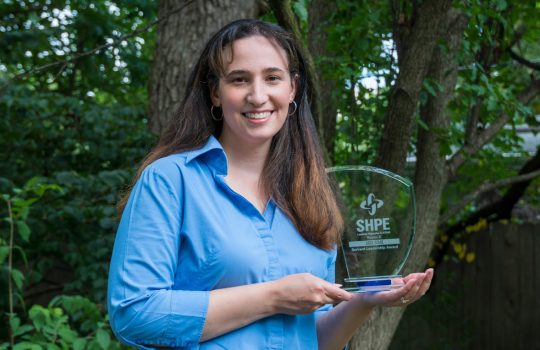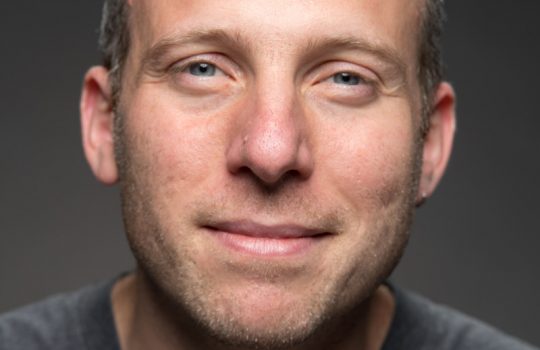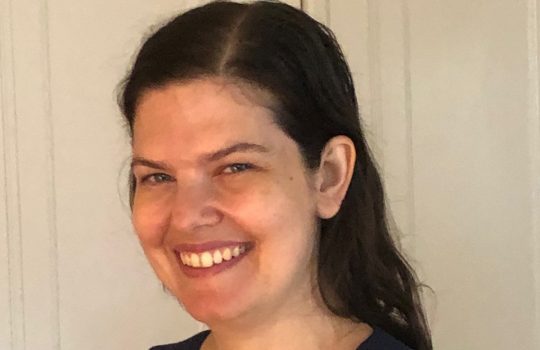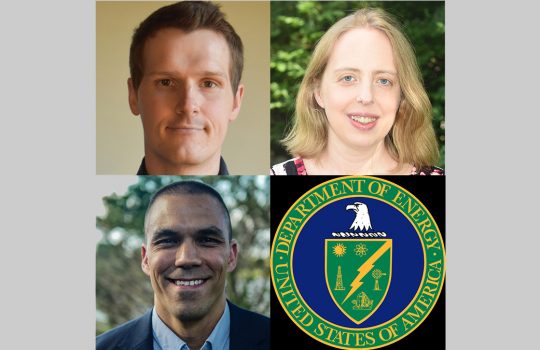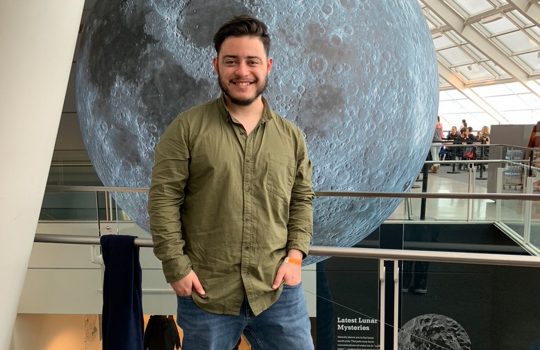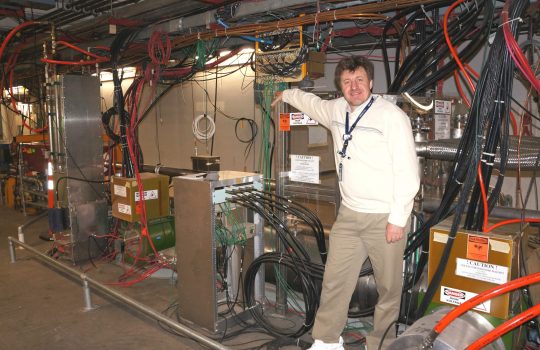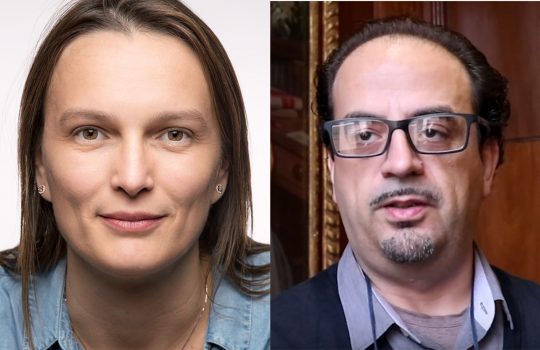Fermilab’s Aria Soha receives Servant Leadership Award from the Society of Hispanic Professional Engineers
The Servant Leadership Award honors a professional SHPE member who exemplifies the ideals of servant leadership both in and outside the organization.

